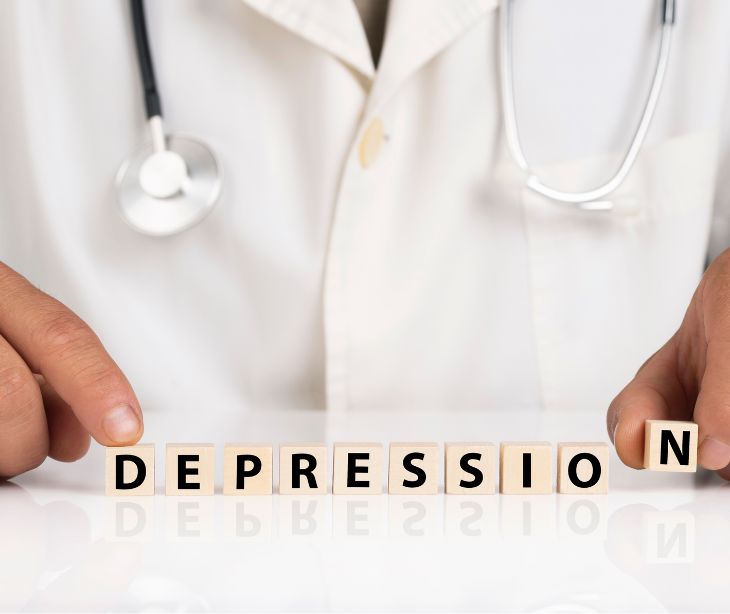2 min read
Using HIPAA compliant email for depression and anxiety follow-ups
Caitlin Anthoney May 01, 2024

Therapists and mental health professionals can use HIPAA compliant emails to provide support between sessions, helping those struggling with depression and anxiety.
Benefits of email follow-ups
Continuous care
A study on the potential benefits of remote continuous care for depression states that remote solutions that “provide continuous care with frequent patient-provider interactions are urgently needed.” Additionally, “remote care [provides] relief for some of the access and capacity problems exacerbated by requirements for face-to-face types of care.”
So, providers should use HIPAA compliant email follow-ups to summarize points and remind patients of coping mechanisms suggested during in-person sessions. For example, a therapist may send an email after a session outlining key takeaways and providing secure links to resources for further support.
Early intervention
Providers can use emails to monitor patient progress more frequently than in-person sessions alone.
A randomized controlled trial on using emails to reduce depression and anxiety shows that emails can “increase [patient] well-being up to a flourishing mental health status using an early intervention based on a positive framework.”
These emails can include targeted questions about mood, sleep patterns, and adherence to treatment plans so therapists can identify early warning signs of relapse and adjust interventions as needed.
Educational resources
A scoping review on depression intervention shows that “technology-based educational resources [can be used] to target mental health issues.”
So, providers can use HIPAA compliant emails to share informative articles, relaxation techniques, or self-help advice relevant to the patient's specific needs. For example, a therapist can send a meditation guide to a patient struggling with sleep anxiety.
Read also: How psychoeducational text messaging improves patient outcomes
Patient accountability
Regular email check-ins can encourage patients to reflect on their progress since the last in-person therapy session.
Research on adherence to eHealth interventions proposes a model called “Supportive Accountability.” In this model, “support increases [patient] adherence through accountability to a coach who is seen as trustworthy, benevolent, and having expertise.”
Furthermore, “The effect of accountability may be moderated by patient motivation. The more intrinsically motivated patients are, the less support they likely require. The process of support is also mediated by the communications medium (e.g., telephone, text messaging, email).”
So, providers can use HIPAA compliant emails to identify when patients might need additional support and tailor their interventions accordingly.
Tips for emailing depression and anxiety follow-ups
End on a positive note: Conclude emails with encouraging messages to leave patients on a supportive note.
Offer alternative communication methods: Provide alternative communication methods (phone calls or HIPAA compliant texting) for urgent matters. This ensures that important information can be relayed quickly and efficiently, especially in cases where immediate action is required. Additionally, providers should consider patients' preferred communication methods when discussing sensitive information.
Direct to resources: Providers should include contact information for relevant mental health resources in their email signatures, like emergency hotlines or crisis text lines. This will ensure that individuals have easy access to support when needed. Additionally, including links to reputable mental health websites or apps can also be helpful for those seeking additional resources.
FAQs
How does HIPAA compliance affect email communication in mental health support?
HIPAA requires using secure email platforms, like Paubox, which offer encryption to safeguard patients' protected health information (PHI) when emailing mental health support.
Can emails be used to share resources for managing depression and anxiety?
Yes, HIPAA compliant emails can include links to relevant resources, coping strategies, and support groups to help individuals manage their depression and anxiety effectively.
Are there alternative communication methods for individuals who prefer not to use email for mental health follow-ups?
Yes, providers can use secure messaging platforms, like Paubox, for individuals who prefer not to use email for mental health follow-ups. Providers should offer these options based on patient preferences.
Go deeper: Patient preference and HIPAA compliant emails or texts
Subscribe to Paubox Weekly
Every Friday we'll bring you the most important news from Paubox. Our aim is to make you smarter, faster.



